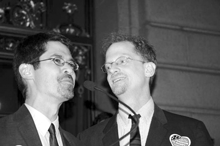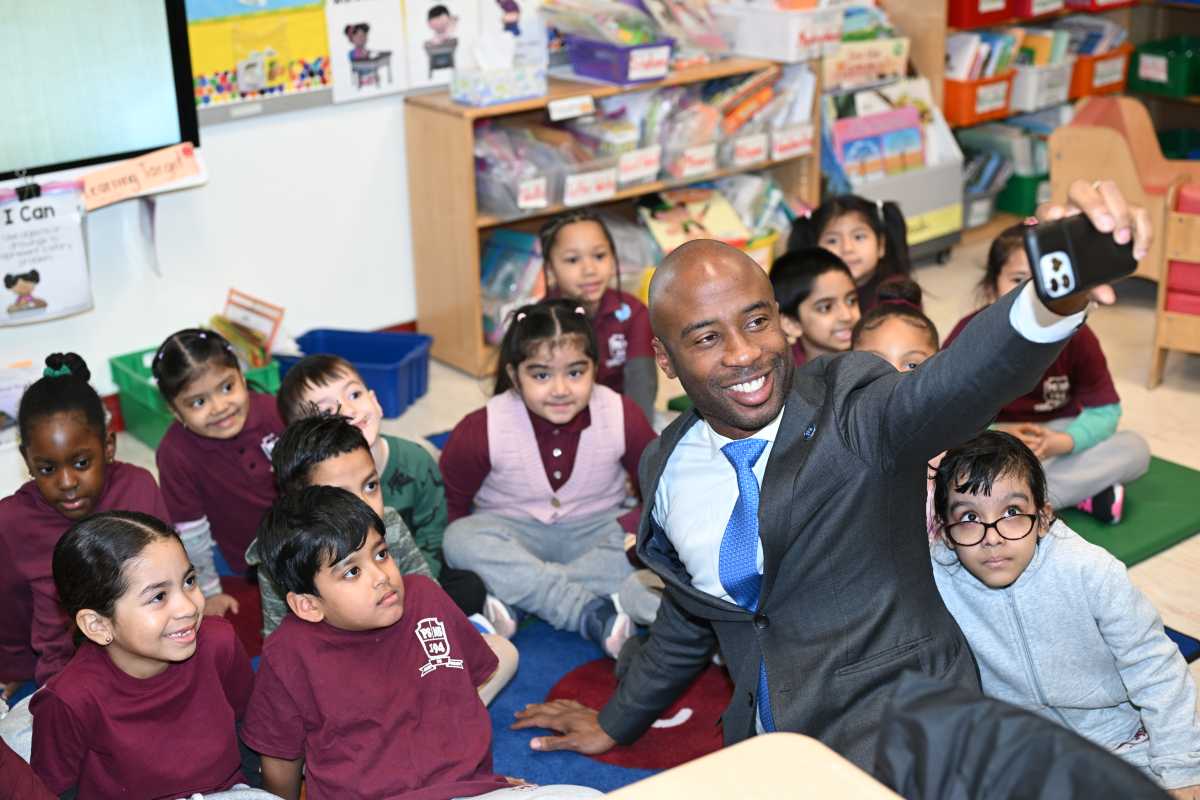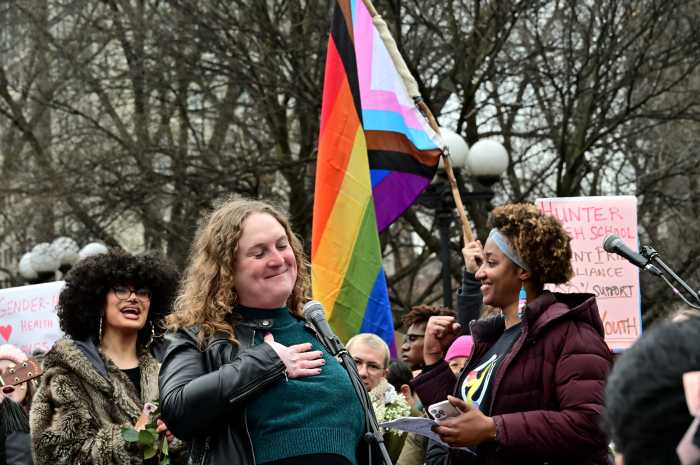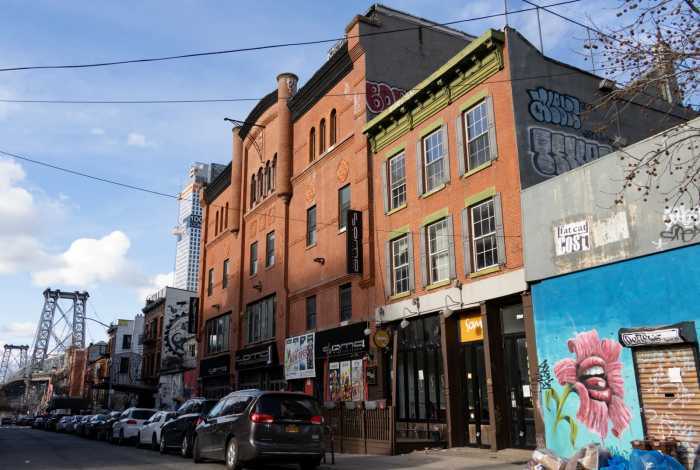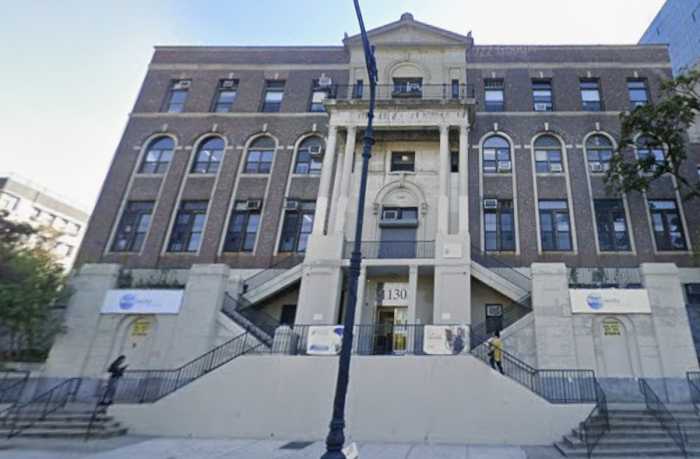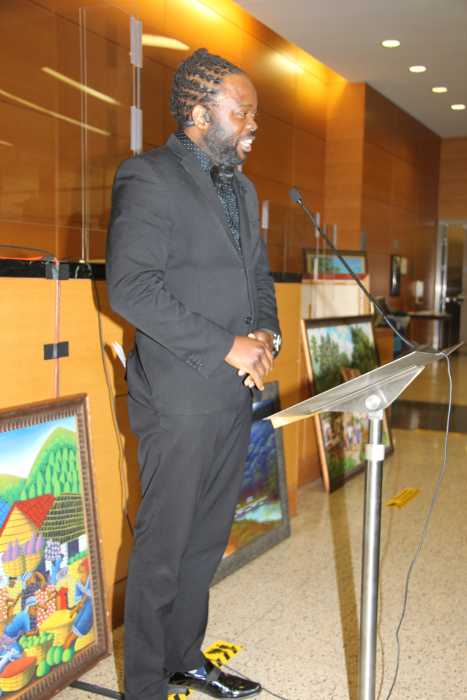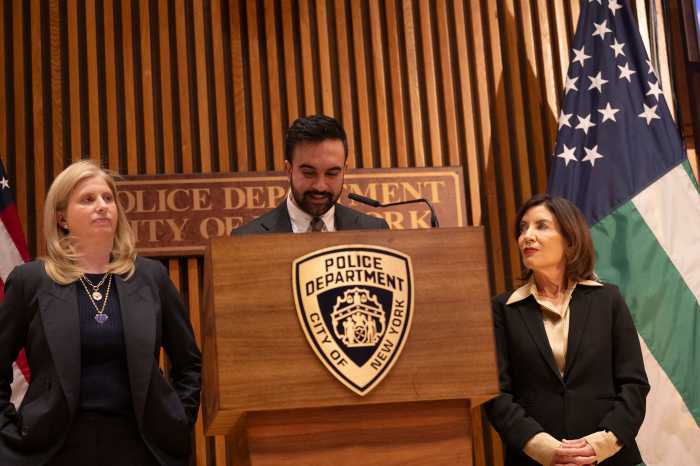A positive first step on legal course racing against lobbyists in Sacramento
California’s gay men and lesbians came one step closer to being able to walk down the aisle on Monday when a trial judge ruled that the state’s one-man, one-woman marriage laws violate the state’s constitution.
In his ruling, San Francisco Superior Court Judge Richard A. Kramer, an appointee of a Republican governor, said “that no rational purpose exists” for limiting marriage to heterosexual couples. He found that the state’s existing laws discriminate based on gender and violate the equal protection clause of the state’s constitution. If upheld on appeal, Kramer’s ruling would also wipe out the state’s year 2000 Proposition 22, which prevents California from honoring same-sex marriages granted in other states.
But even if the state’s Supreme Court justices, after an appeals process that could well run more than a year, uphold Kramer’s ruling, it will not silence the clamor from the religious right for an initiative effort aimed at blocking gay marriage at the ballot box. Opponents of same-sex marriage are likely to succeed in putting a constitutional ban on gay marriage before the state’s voters, probably at the time of the June 2006 primary election. The effort could well also take aim at the state’s wide-reaching domestic partnership law recently enacted.
California’s constitution is easily amended, requiring only a majority vote at the polls. Geoff Kors, the leader of Equality California, the state’s gay rights lobby, says that the initiative promises to be the most hard-fought and expensive ballot battle over gay rights in American history. He is estimating the potential cost at $15 to 20 million.
“We know we’re going to be facing a constitutional amendment here,” said Kate Kendall, an attorney who heads the National
Center for Lesbian Rights, one of the groups which is leading the marriage litigation in California, “and we know that every constitutional amendment attempted around the country has passed. We have to draw the line in California.”
Surprisingly, Kendall might get some help from California’s star Republican. On the evening of Kramer’s ruling, Gov. Arnold Schwarzenegger said he wouldn’t support an initiative drive to turn back a Supreme Court decision. Speaking on MSNBC’s “Hardball” he said, “Whatever the Supreme Court decides, that’s exactly what I will stay with.”
“The sky did not fall in the State of Massachusetts to my knowledge,” joked San Francisco Mayor Gavin Newsom at an ebullient press conference after Kramer ruled.
In fact, gay marriage now has the support of a comfortable majority in Massachusetts. A Boston Globe poll taken when the marriages started there last May found the state about evenly split. Now 56 percent of the state’s residents say gay marriages should be allowed. So the reality of the marriages might be their best advertisement.
But in California, just as Newsom started his marriages last February, a Los Angeles Times poll found that only about a third of Californians thought gays men and lesbians should be allowed to marry. But 38 percent said they favored civil unions, and advocates often add the two numbers together. They hope they will be able to convince the state’s voters that marriages and civil unions are different.
Equality California has already visited all of the state’s 85 counties and is starting a grass-roots volunteer effort. Kendall said that gays and lesbians are going to have to work against the initiative if the groups are to have a chance in stopping it. “We cannot be passive participants in our own liberation,” she said.
Advocates acknowledge that there is a friendly race between the legal groups and Equality California to decide which group will achieve marriage equality in California, and the contest pits legislative lobbying against legal maneuvering.
Equality California is sponsoring a bill by San Francisco’s gay Democratic assemblyman, Mark Leno, which would legalize gay marriage. Leno proposed similar legislation last session, an election year, but, lacking the votes, he pulled it before it went to the Assembly floor. This year he has the backing of powerful Democratic Assembly Speaker Fabian Núñez, who has signed on as a co-author. Democrats control both houses of the State Legislature, and Leno said he is assured that the bill will pass through two gatekeeper committees on the way to the Assembly floor. Every Democrat on those committees, judiciary and appropriations, is either a co-author or a supporter of the bill, and Democrats control the committees.
But it’s an open question if the bill will get through the 80-member Assembly and get to the governor’s desk by August.
“We’re not yet at 41. We won’t know who our 41st vote is until the day of the vote,” but, Leno said, “It’s been that way for every piece of LGBT legislation” brought before the Legislature, where gay rights has become a party-line litmus test. No Republican has ever voted for a gay rights bill in the history of the State Legislature. “So there will be a little drama,” Leno said.
Steve Hansen, Equality California’s lobbyist in Sacramento, said Kramer has made his job easier. “With this court ruling, a lot of those people were undecided now have a reason to support it because now it’s clear that it’s the constitutionally right thing to do.”
While Schwarzenegger wouldn’t have any direct veto power over an initiative, and could influence the voters only by speaking out on the issue, he would have to sign any bill the Legislature produces for it to become law. The governor left his position on the legislation ambiguous.
“I don’t believe in gay marriage. I believe in partnership, domestic partnership,” he said. But then later he allowed that success in the Legislature might have the same weight for him as a direct vote of the people or a Supreme Court ruling.
“This is, again, something that the legislators can do, the people can do, or the court can do,” Schwarzenegger said.
At a raucous press conference after Kramer’s verdict was announced, Newsom was beaming from ear to ear. He was surrounded by gay city Supervisors Tom Ammiano and Bevan Dufty, Supervisor Ross Mirkarimi, and gay city Treasurer Jose Cisneros, the legal team—there were 10 city attorneys on the case plus lawyers from four other advocacy groups—and some of the 12 couples who are plaintiffs in the case. Gay marriage wins by a wide margin in Newsom’s home town and the city’s elected officials all favor the idea. Mirkarimi called the ruling a “no brainer.”
Newsom said that because of the verdict “family members are feeling a great sense of vindication,” but many observers noted that the win was sweetest for Newsom himself. He had been ostracized by his own state party for his decision to begin issuing same-sex marriage licenses last February. Unlike almost all other prominent Democrats, he wasn’t invited to speak at their convention in Boston last July. Gay Rep. Barney Frank, a Massachusetts Democrat, called his marriage move “a spectacle.” California Sen. Dianne Feinstein said that the gay marriages last winter were “too much, too fast, too soon” and said they were partly to blame for the defeat of Sen. John Kerry in November.
Newsom said he would respect the state Supreme Court’s standing order to not start marrying gay couples again, and took a gentle dig at New York Mayor Michael Bloomberg who is contesting a similar New York trial court ruling.
“We will not be appealing this decision,” he said.
gaycitynews.com


